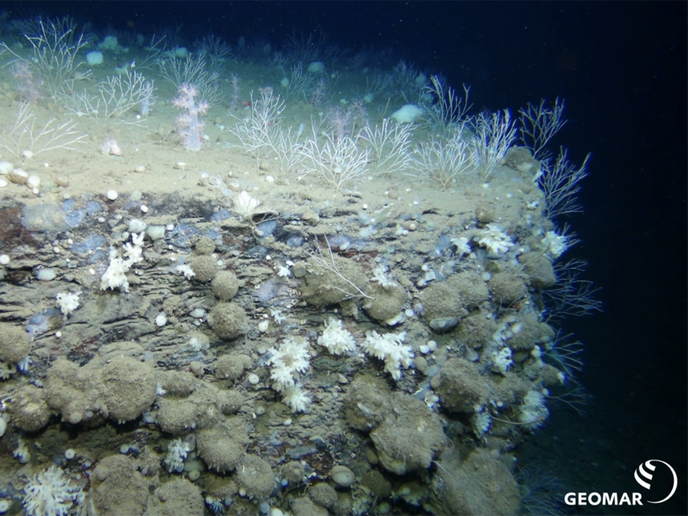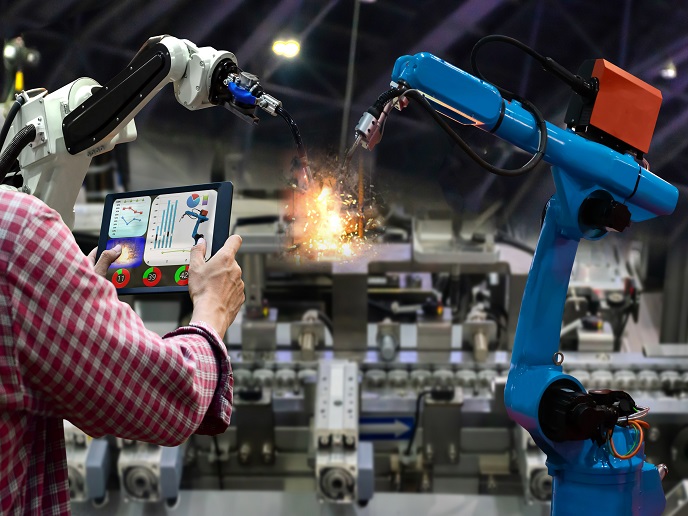Online tool reveals individuals’ role in tackling climate change
Should we aim to limit global temperature rises to 1.5 °C or 2 °C? Should Europe’s share of the burden be calculated per capita or based on actual capability? The ‘Transition Pathways Explorer’ of EUCalc (EU Calculator: trade-offs and pathways towards sustainable and low-carbon European Societies) asks these questions and many more to find out exactly how much change is required to reach a selected objective. Policymakers, business owners, scientists and everyday citizens will be able to access interactive charts and information on climate neutrality efforts across 60 sectors. They can find out about the global benefit of actions taken in Europe, and compare scenarios where the rest of the world does or does not follow suit. In a first for such tools, the calculations consider emissions of gases other than CO2 and convert them into CO2 equivalents in terms of climate impact.
Inspiring action through data
The tool is of great value to stakeholders looking for suitable measures to lower their impact on global warming. If your objective is to decarbonise the agri-food sector, for example, you can look into different dietary patterns and land-use scenarios, consider intensification and extensification options, and clearly identify the pros and cons of every option. The tool will even estimate trade-offs and co-benefits with other decisions in, say, the energy sector. As project coordinator Juergen Kropp puts it: “This approach helps actors go beyond sectoral views on the problem of global warming.” To make sure that everyone can use its model and tools, the EUCalc team of 13 institutions coordinated by the Potsdam Institute for Climate Impact Research (PIK) in Germany designed them to be of intermediate complexity. Various respondents even provided valuable feedback that may result in further simplification of the interface. The content is accessible too. “The advantage of the calculator is that is does not consider only technological changes,” says Kropp, who acts as deputy chair of Research Domain II ‘Climate Resilience’ and head of the Working Group ‘Urban Transformations’ at PIK. “We know that technological progress alone is not sufficient to reach net zero in 2050, so EUCalc systematically considers the role of lifestyle changes in supporting the decarbonisation of Europe.”
Citizen efforts
The tool also speaks in terms that citizens can relate to, such as distance travelled each year, number of passengers in a car, hours spent in front of a screen or amount of food wasted. For those still tempted to marginalise the importance of individual actions, this is a bit of an eye-opener: the tool demonstrates how ambitious changes in lifestyles could result in emissions savings of 60 % by 2050. The project also provides important food for thought for key sectors responsible for climate change, which Kropp hopes will result in rapid action. As he explains: “The problem is not whether we can approach neutrality, but when we’ll do so. We have already approached 1.5 °C+ of global warming, which makes that objective less likely to be met with every day that passes. Grassroot initiatives like Fridays for Future are good for keeping the pressure, but governments should intervene more.” He adds that project findings show the manufacturing sector alone can reduce its greenhouse gas emissions by 90 % with technologies such as hydrogen-based chemical production, low-carbon cement and a renewable energy mix. But as for all other sectors, the clock is ticking.
Keywords
EUCalc, global warming, Paris Agreement, transition pathway, explorer, calculator, climate, tool







